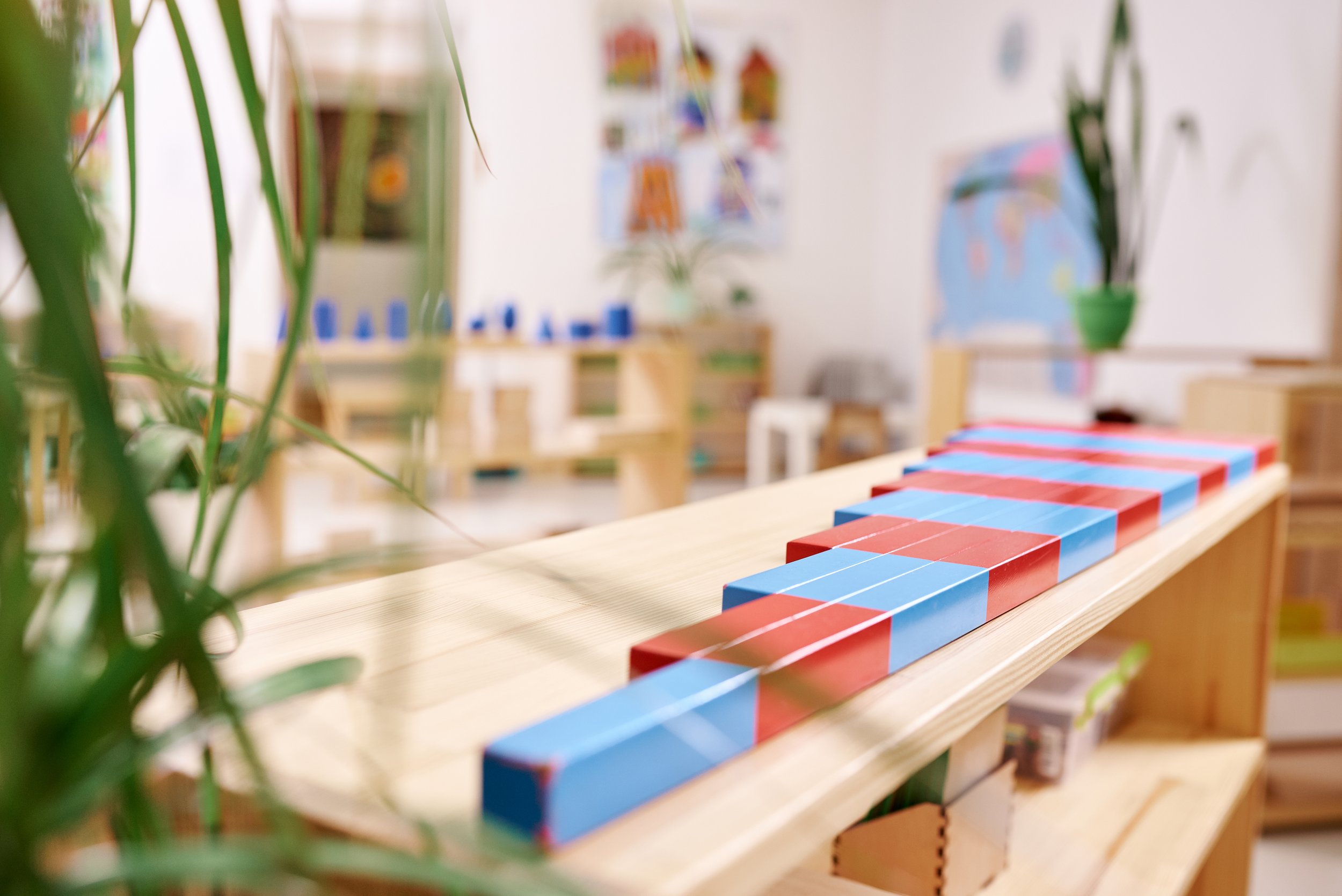What are The Montessori principles?
Within the field of education, the Montessori method is a tried-and-true strategy that places a strong emphasis on a child's overall development. These ideas, which were created by Dr. Maria Montessori in the early 20th century, are now well-known around the world for their distinctive and successful method of teaching.
Montessori's emphasis on independence, personalised learning, and fostering a love of lifelong learning has had a profound impact on early childhood education. Let's examine the fundamental ideas that underpin the Montessori approach.
Child-Centric Learning Environment
The fundamental principle of Montessori education is that each child is an individual who has their own developmental path. The learning environment is intentionally created to support this uniqueness, encouraging self-directed learning and a sense of independence. Classrooms are furnished with tools that are specifically crafted to promote experiential learning, allowing children to progress at their own speed.
Mixed-Age Classrooms
Three-year age spans are frequently present in Montessori classrooms, which are normally composed of mixed-age groups. Children benefit from this deliberate grouping in terms of collaboration, mentorship, and a sense of community. Younger children look up to older ones as mentors and role models, which fosters a collaborative environment that mimics social interactions in the real world.
Hands-on Learning Resources
Using an abundance of hands-on learning resources is one of the main characteristics of a Montessori education. These carefully crafted products encourage children to explore their senses and have tangible experiences. Every teaching tool, including the well-known Pink Tower and the Golden Beads, has a distinct function and fosters the growth of social, cognitive, and physical abilities.
Self-Directed Learning
Two key components of the Montessori educational approach are intrinsic motivation and self-directed learning. It is encouraged for children to select their own activities according to their interests and stage of development. In addition to encouraging a love of learning, this method helps children grow a strong sense of independence and responsibility for their education.Children in Montessori classrooms are afforded independence within clearly defined boundaries. Although students are allowed to select their own activities and pursue their interests, the materials and environment's layout influence their decisions. Children benefit from this harmony between structure and freedom in terms of learning self-control and accountability.
Observation and Individualised Progress
Teachers who follow the Montessori method are taught to pay close attention to how each child is developing. Teachers can customise their guidance and support to each student's specific requirements by conducting routine observations. With the help of this individualised approach, children can develop at their own speed and lay a solid basis for lifetime learning.
Practical Life Skills are Emphasised
A key component of Montessori education is the development of practical life skills. Children do duties including clothing themselves, making snacks, and pouring water that are modelled after real-world tasks. These exercises foster independence and responsibility in addition to improving fine and gross motor abilities.

